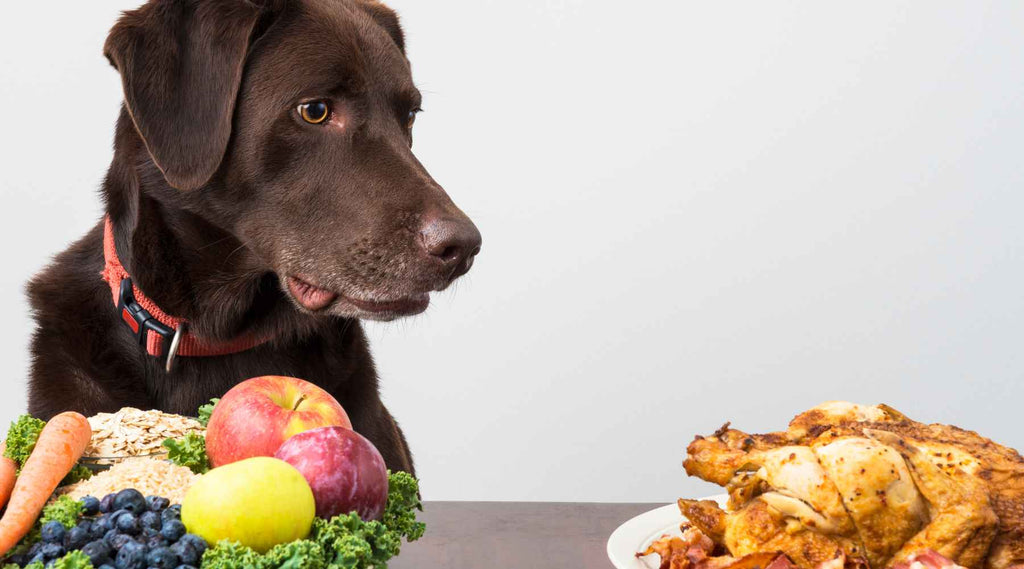
Being a dog owner is one of the most rewarding things a person can do. These little fluffy things are always so happy to see us at the start or end of the day. All they need is a constant amount of attention and some weather-dependent daily walks! Besides this, dogs are very low maintenance in our opinion.
As vegans are animal lovers, it makes sense that we love dogs. That is one of the conundrums for many omnivores that end up becoming vegan - their conflicting love of animals and eating meat can only go so far. Just because you’re vegan doesn’t mean you have to love all animals, but it does mean you care for them in some capacity!
As dogs are our pets, it is our duty to care for them. There are many vegan diets for dogs these days. This is a truly interesting topic for many reasons. When wondering can dogs be vegan, you might not be aware that dogs actually have very sensitive stomachs. Though they have evolved from wolves etc. to be cuddly and cute, their digestive systems have not evolved far beyond eating a lot of raw meat.
In this article, we will attempt to break down what is possible in terms of the best vegan dog food, is a vegan diet good for dogs, and what we recommend as a vegan diet for dogs. Just a forewarning, we will be discussing the consumption of meat and animal products by dogs in this piece. Anyone who avoids reading and thinking about meat consumption might want to be aware.
Dogs' Anatomy
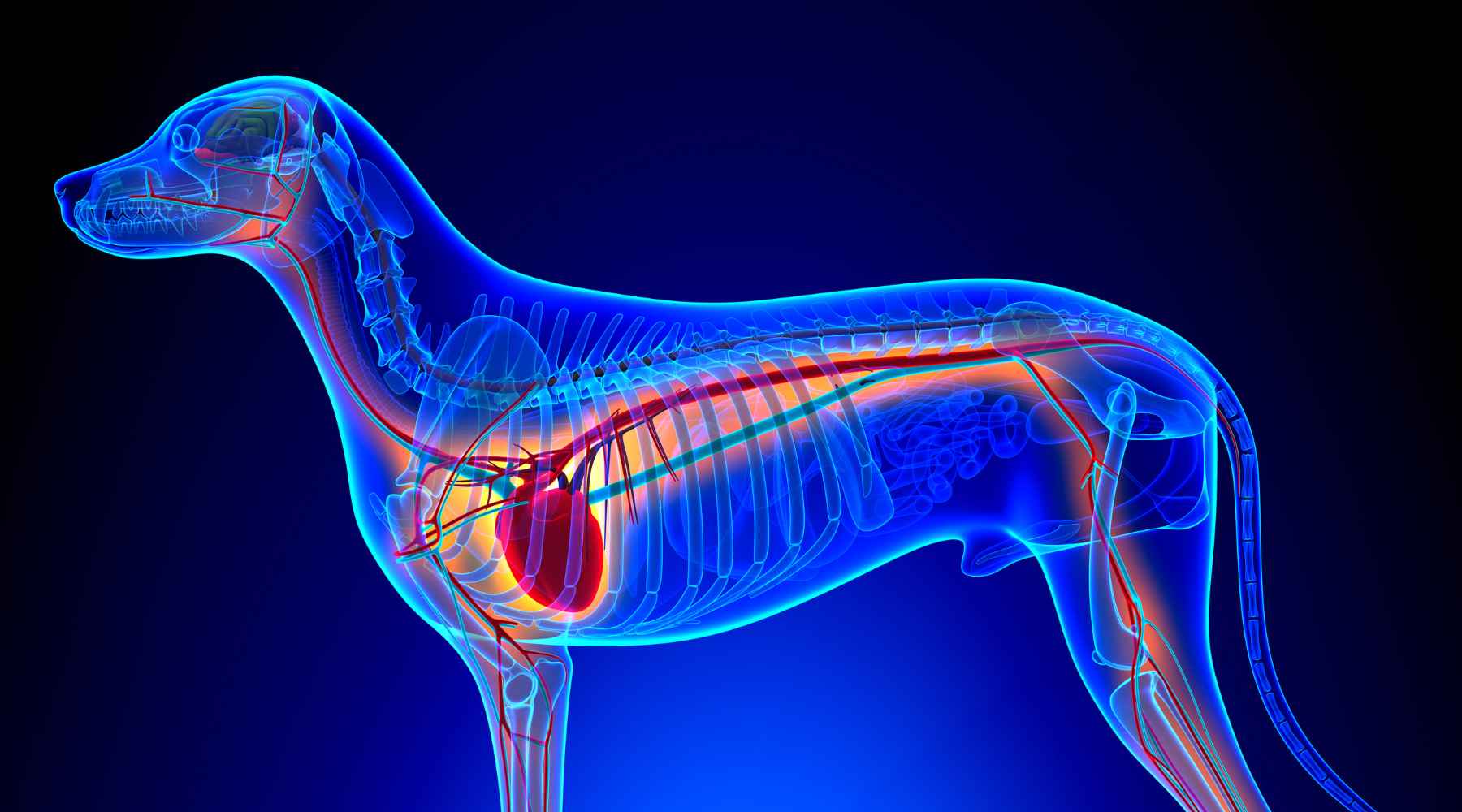
You might wonder why/how dogs can eat raw meat that is either ‘fresh’ from the butcher or straight out of the supermarket packet. The reason for this is dogs have a decidedly different physiology than humans. If we did that, we’d be severely ill and have a number of issues before we recover.
Dogs have a completely different digestive system than humans. Their digestive tract is much shorter than humans and has a set of much stronger stomach acids that contribute to this. The shorter digestive pathway means that food passes through more quickly. This means it is processed faster, and there is less chance of bacteria causing issues.
The stronger stomach acid helps to kill any harmful bacteria that might be in the raw meat. Essentially, dogs pass through food quite quickly and have the necessary tools to extract all the nutrients from them.
Their Dietary Requirements
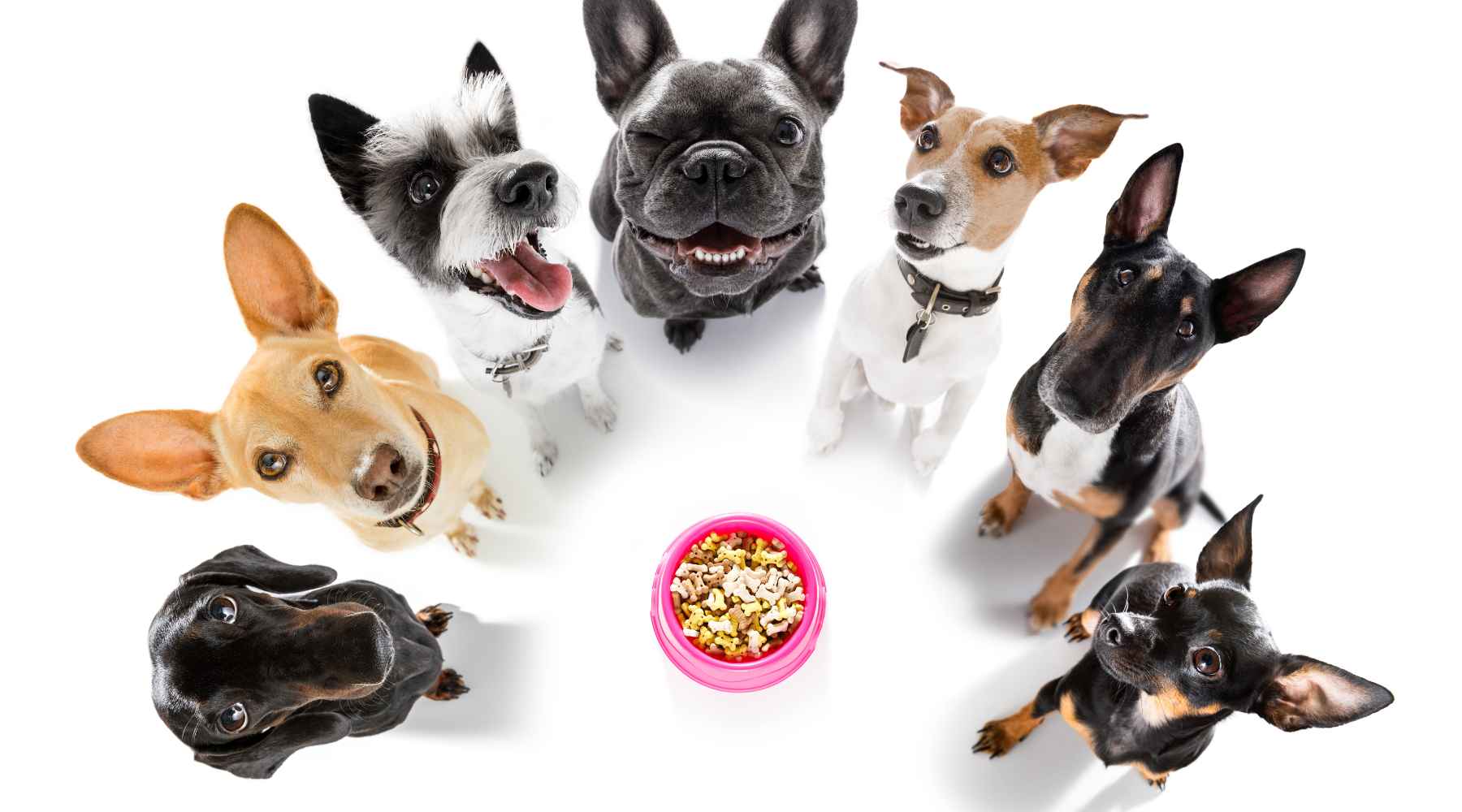
There are a couple of misconceptions about dogs. One is that they are carnivores. Their teeth structure suggests that, like humans, they are omnivores. However, there is no evidence to suggest that they need greens and carbs to survive. Each dog will be different, of course, though there is a suggestion that they might be keto!
The main things they require are protein, fats, calcium, amino acids, vitamins, and minerals. Some of these compounds overlap, but they are the essential things that dogs love. They can get all of their energy from fat and protein, but they are also able to digest complex carbohydrates when cooked.
A Vegan Diet They Could Follow
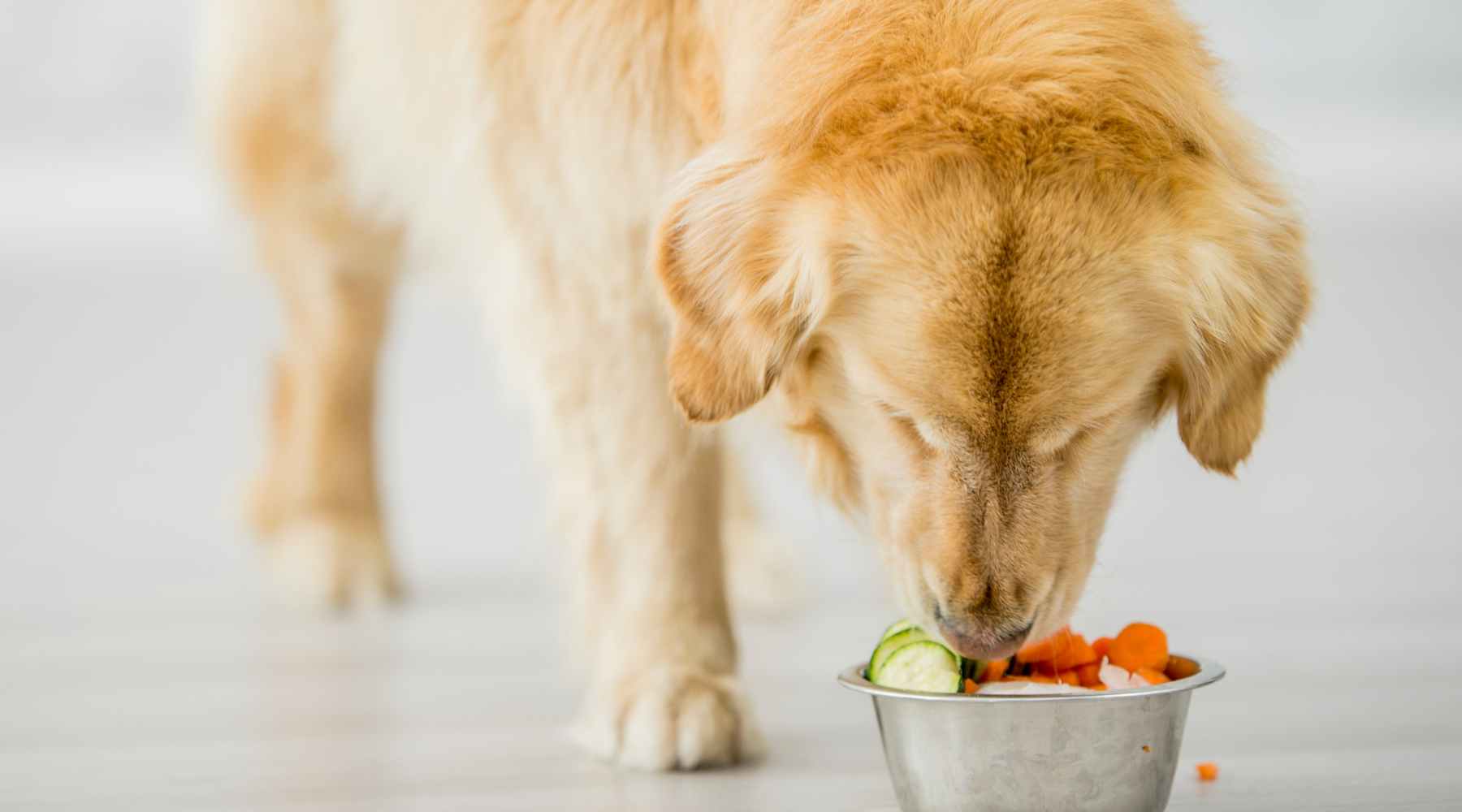
A vegan diet for dogs is definitely achievable, but you should monitor your little friend carefully during the start. Ensure you double-check with your vet as you don’t want to make your dog ill or sick. It is a diet that has some natural connection though eating any sort of processed food is a bad idea for dogs.
Dogs can enjoy grains, vegetables, legumes, fruits, and more. Examples of some good food for dogs might be some soya-based protein such as tofu. Some beans of any sort, some raw veggies, some cooked veggies, some fruit, and certainly some rice. Dogs can be fairly adaptable.
What To Avoid
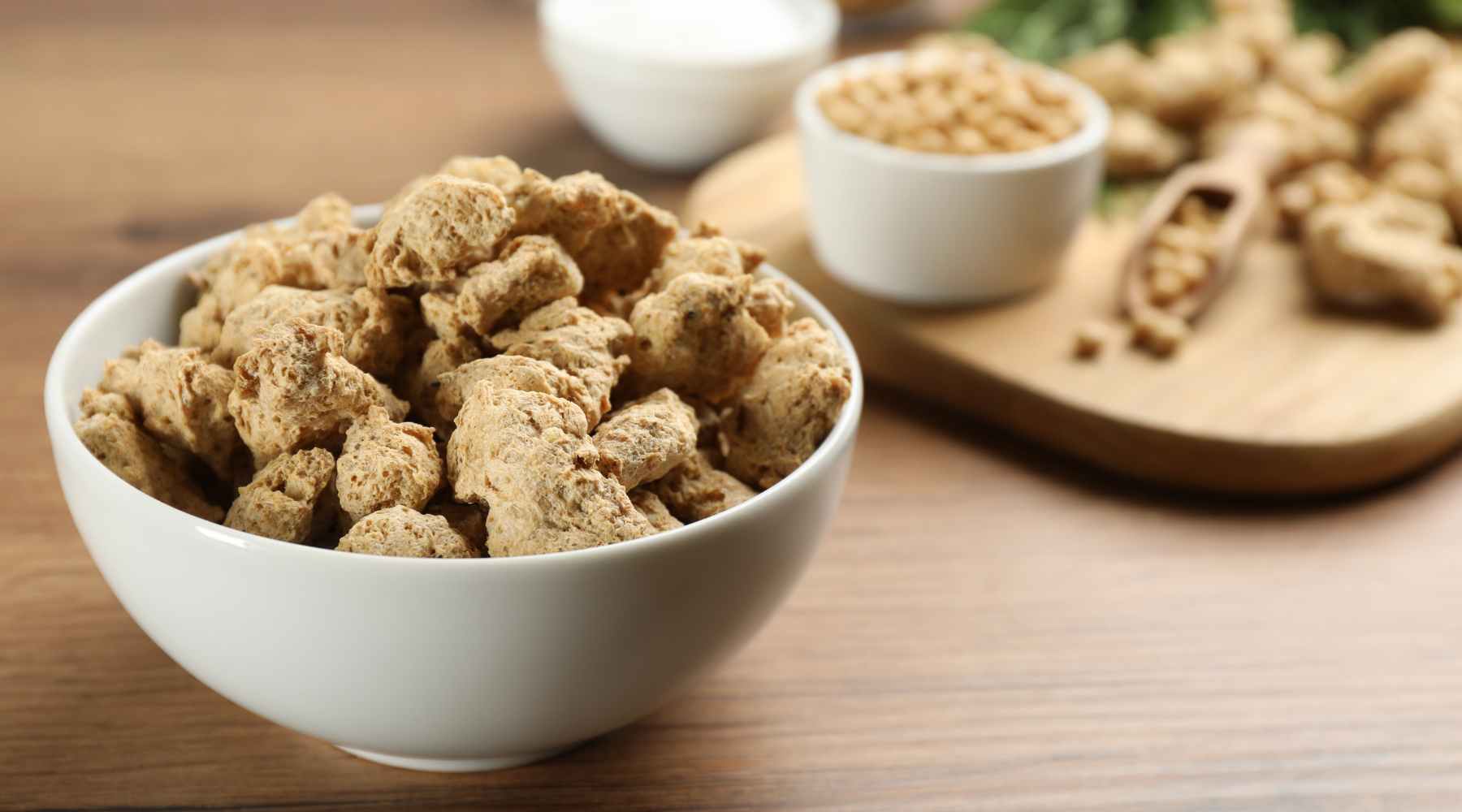
As previously mentioned, you should try to avoid heavily processed foods. Foods such as meat substitutes, vegan cheeses, protein shakes/bars, and ready meals should be avoided. Your dog will tend to be excited to eat the foods that are good for them. Their olfactory memory is incredibly strong, and they will be able to remember what made them feel good/bad.
The best vegan dog food has some lovely plant-based protein, some vegetables, and some vitamin/mineral-infused chow. Adding in some rice/grains for younger dogs is a good idea, as they will need more food than older dogs. Older dogs will tend to eat less as they get older, so you can pull back on quantities accordingly.
We hope you have enjoyed learning a bit about how to care for your lovely dog. They are generally quite good at responding to what food you put in front of them and will give you feedback on what they like and dislike! If you have any questions, please consult your vet.


